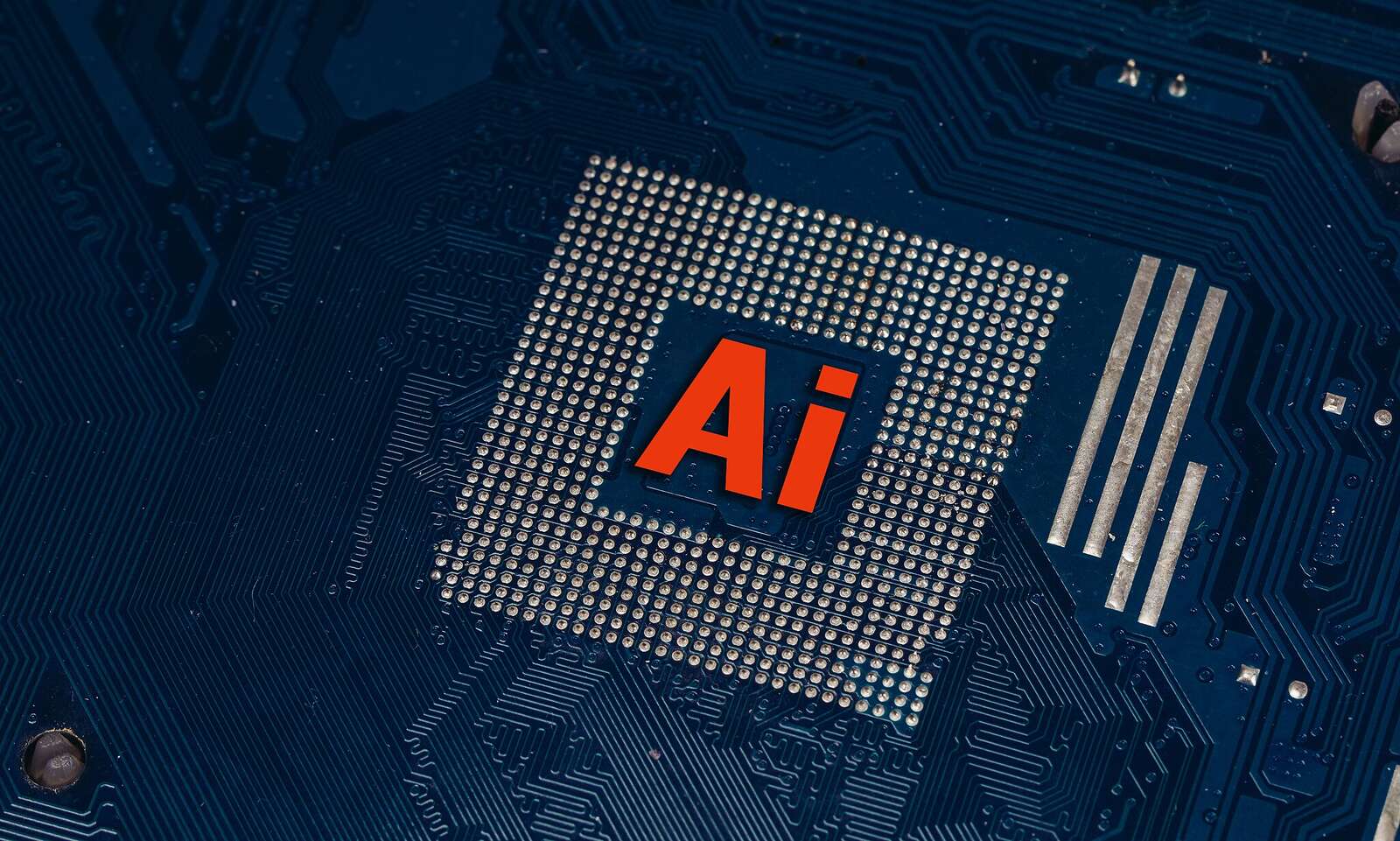

For years, artists, writers, and legal experts have debated a pressing question: if an AI creates an image, who owns it, and how should that image be used? As artificial intelligence tools evolve and generate increasingly human-like content, the copyright boundaries around AI-generated images have remained murky. Now, two of Hollywood’s most powerful studios are pushing for clarity in court.
Disney and NBCUniversal filed a lawsuit on Wednesday against Midjourney, one of the world’s most popular AI image generators, accusing the company of large-scale copyright infringement. The suit, filed in U.S. District Court in Los Angeles, marks a turning point in the growing legal fight over copyright and AI-generated images.
The complaint mentions that Midjourney trained its software on countless copyrighted works owned by the studios without authorization.
The lawsuit claims that Midjourney’s tool allows users to generate images—and soon videos—that closely resemble Disney and Universal’s most recognizable characters, including Darth Vader, Shrek, Elsa from Frozen, the Minions, and Homer Simpson.
The studios called Midjourney “a bottomless pit of plagiarism” and accused it of copying protected material to grow its business. They are seeking damages and asking a federal judge to block Midjourney’s upcoming video-generation service unless it includes strong copyright safeguards.
Disney & Universal have sued AI company ‘Midjourney’ for copyright infringement
“Midjourney is… a bottomless pit of plagiarism” pic.twitter.com/wWaTOHZIz3
— Dexerto (@Dexerto) June 11, 2025
Disney and Universal also noted that both companies had sent cease-and-desist notices—Disney in 2023 and Universal in May 2025—but said they received no substantial response.
Midjourney, launched in 2022, is a text-to-image platform that allows users to create digital art by typing simple prompts. It offers subscription tiers ranging from $10 to $120 per month, depending on features and processing speed. According to company figures, Midjourney generated roughly $300 million in revenue in 2024, up from $50 million in 2022.
While this is the first major lawsuit from Hollywood, it adds to a growing list of legal battles challenging how AI systems are trained and used. In 2022, Microsoft, GitHub, and OpenAI were sued over GitHub Copilot, which allegedly reproduced lines of code taken directly from public repositories without attribution.
In 2023, artists filed a class action suit against Midjourney, Stability AI, and DeviantArt, claiming the companies scraped five billion images from the web without consent.
Getty Images sued Stability AI in both the U.K. and the U.S. for allegedly using its photo archive without a license.
Despite some rulings in favor of AI companies, such as a 2024 German court dismissal of a photographer’s complaint against LAION, many judges have shown interest in examining the limits of fair use and how AI-generated content impacts original creators.
In Wednesday’s filing, Disney and Universal emphasized the potential of AI but drew a clear line on ownership.
“We are bullish on the promise of A.I. technology and optimistic about how it can be used responsibly as a tool to further human creativity,” said Horacio Gutierrez, general counsel for Disney. “But piracy is piracy, and the fact that it’s done by an AI company does not make it any less infringing.”
NBCUniversal’s general counsel, Kim Harris, added: “We are bringing this action today to protect the hard work of all the artists whose work entertains and inspires us and the significant investment we make in our content.”
As legal challenges grow, the debate over copyright and AI-generated images continues to evolve. But with two entertainment giants now taking action, the conversation around who owns AI-created works—and how they should be used—is likely to move from the sidelines to the spotlight.
